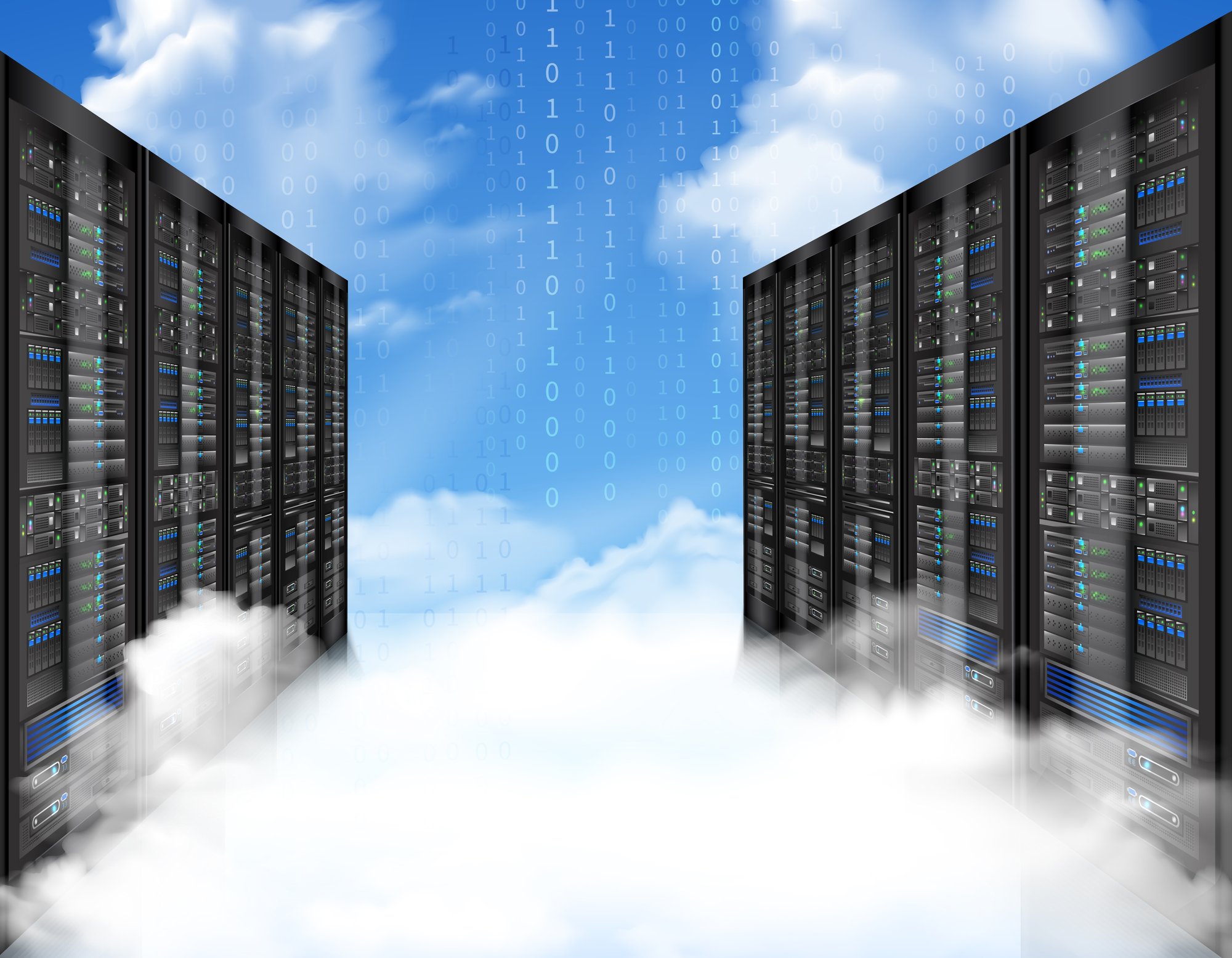- Solutions
- Information Governance
- Legacy Archive Retirement
Legacy Archive Retirement
For many years, on-premises archiving was the standard for compliance, regulatory, and backup purposes.
With the progression of cloud technology, enterprises can outsource these functions to more efficient, accessible, and scalable archives that are managed externally, freeing up internal IT resources.
This shift to cloud based archiving represents a significant advancement in how enterprises handle their data, providing a more flexible, cost-effective, and secure solution that aligns with the dynamic demands of today's digital landscape.

The Problems
Risk of Retirement
Many enterprises still have aging on-premises legacy archives that take up a lot of space, time, and money to keep running because retiring them is a complicated and potentially risky process due to the types of data stored there.
Finding a Migration Tool
It can be difficult to find a modern migration tool that is capable of performing a migration efficiently. Continuing to run these legacy systems is associated with a litany of costs including the hardware, maintenance, IT, energy, scalability costs.
Legacy Systems Are Less Secure
Archive providers have shifted their focus to cloud-based systems, security updates have become less common for legacy systems. New features and security updates are mostly being added to cloud products making them more robust and protective in the event of a cyber-attack.
Complex Environments
As enterprises add more tools into their ecosystem like collaborative software, CRMs, and messaging platforms, establishing effective data governance procedures to legacy archives is not possible with tools like Purview alone.
Cloud Providers Charging Licenses to Leavers
With systems like Enterprise Vault and OneDrive starting to require licenses for all users that can be searched against, even those who have left organizations, licensing costs have the potential to become a major factor in organization’s decisions on where to house their data.
Complexity of Data Migration
Legacy archives were a powerful tool in their time, but modern enterprises require an economical solution that is able to keep up with the increasingly disparate demands of regulation.
How We Help
At Cloudficient we can migrate data from any legacy archive provider into cloud-based platforms, including Expireon. This will allow you to decommission your legacy archive and provide a more robust cloud-based system.
Expireon is less expensive than maintaining on-prem systems and within a few years our customers show positive ROI.
Data housed within Expireon requires no per-user licensing; it is licensed by the volume.
Expireon addresses holes in the file types supported by Microsoft Purview, integrating with email, messaging platforms, and file system archives to provide reviewers with a single repository for information from many different systems. Having multiple different platforms under a single pane of glass simplifies early EDRM workflows while providing the security, availability and scalability of modern solutions.



Why It Makes Sense To Migrate Legacy Data To Microsoft 365 Now
In a previous blog, we discussed why you should migrate your legacy data at the same time you plan to onboard your users to Microsoft 365. While...

10 Reasons Why Legacy Systems Are Still Used
Do you remember your first cell phone? Maybe it was a classic Nokia flip phone, or a 90s era beige brick. Maybe it was the original iPhone, or...

PST Migration for Large Business: Drive Shipping Truths
Migrating to the cloud is a major move for any company, but for large businesses, it's like moving a small country. This rings especially true for...
.png?width=620&height=82&name=Untitled%20design%20(18).png)
.png?width=600&height=79&name=Untitled%20design%20(18).png)


